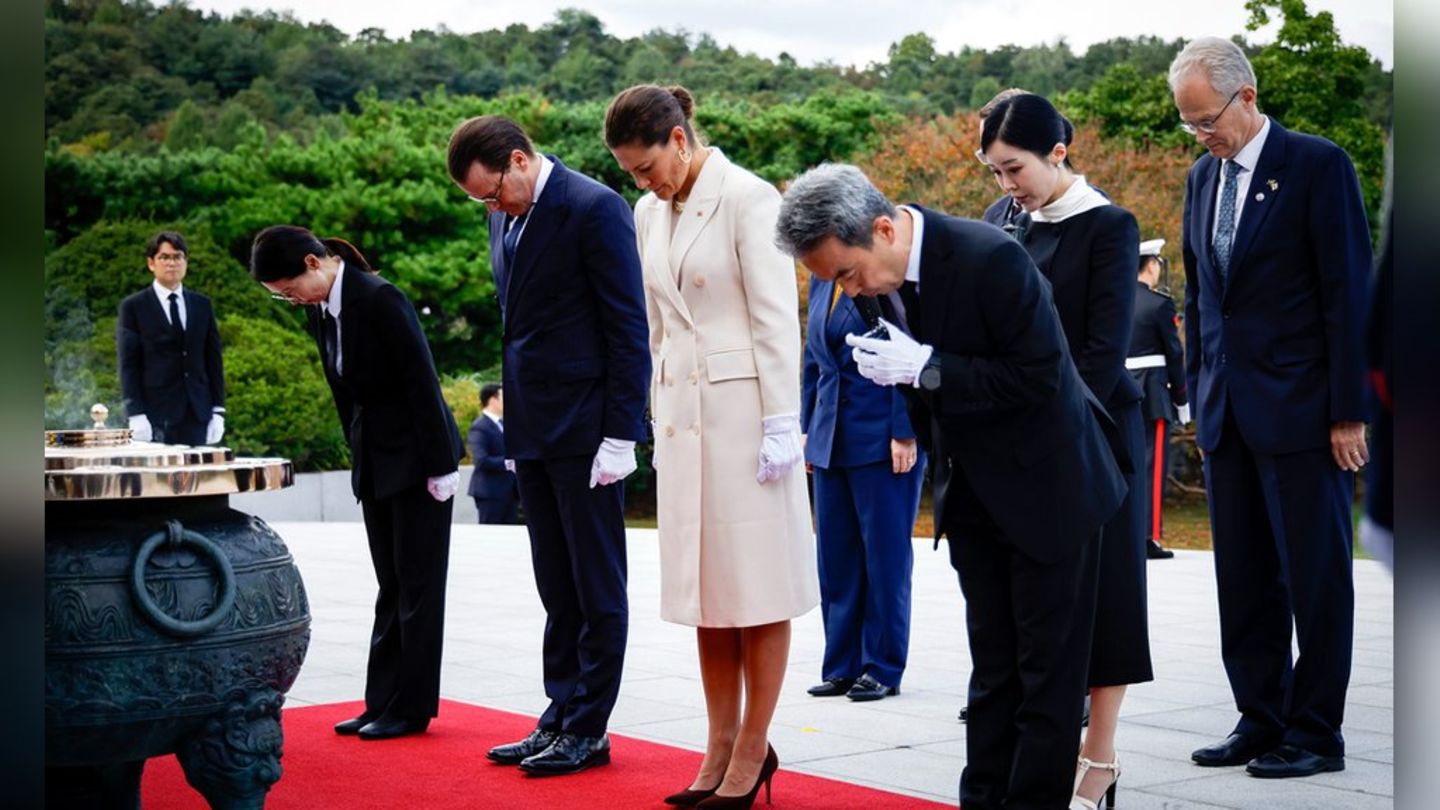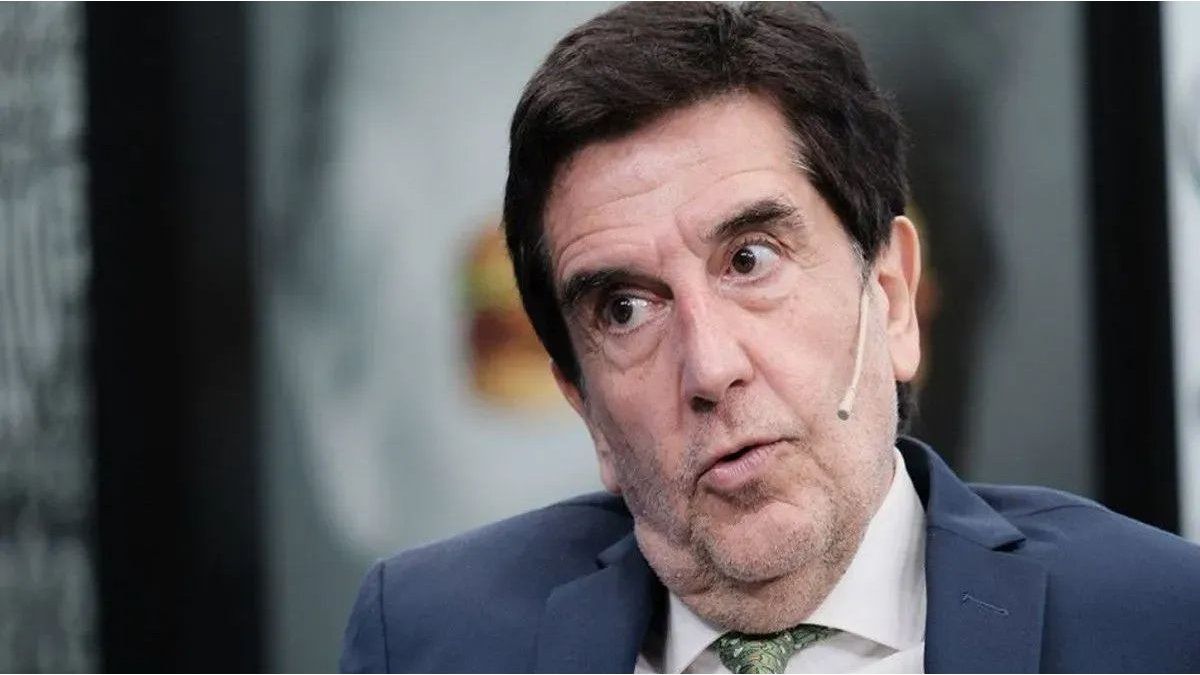I have been working in the news industry for over 6 years, first as a reporter and now as an editor. I have covered politics extensively, and my work has appeared in major newspapers and online news outlets around the world. In addition to my writing, I also contribute regularly to 24 Hours World.
Menu
Economic policy: Trump: High tariffs on goods from China, Mexico and Canada
Categories
Most Read
Robert Dorsay: The man who died because of a joke
October 15, 2025
No Comments
Dispute over military service: Coalition enters military service consultations in disagreement
October 15, 2025
No Comments
Child benefit increase in 2026: This is how much money you will get
October 15, 2025
No Comments
Pistorius and the conscription scandal: A man shows his nerves
October 15, 2025
No Comments
NATO protection flights in Poland: Pistorius sends fighter jets
October 15, 2025
No Comments
Latest Posts

Princess Victoria and Prince Daniel: Swedish royals arrive in South Korea
October 15, 2025
No Comments
Lisa HarrisI am an author and journalist who has worked in the entertainment industry for over a decade. I currently work as a news editor

Kim Kardashian: This is how her divorce from Kanye West happened
October 15, 2025
No Comments
Lisa HarrisI am an author and journalist who has worked in the entertainment industry for over a decade. I currently work as a news editor

Carlos Melconian warned that a macroeconomic change is coming after the elections
October 15, 2025
No Comments
The former head of Banco Nación assured: “I never saw a quasi-colonial incursion of this type. If anyone expected something from yesterday… it ended up
24 Hours Worlds is a comprehensive source of instant world current affairs, offering up-to-the-minute coverage of breaking news and events from around the globe. With a team of experienced journalists and experts on hand 24/7.

